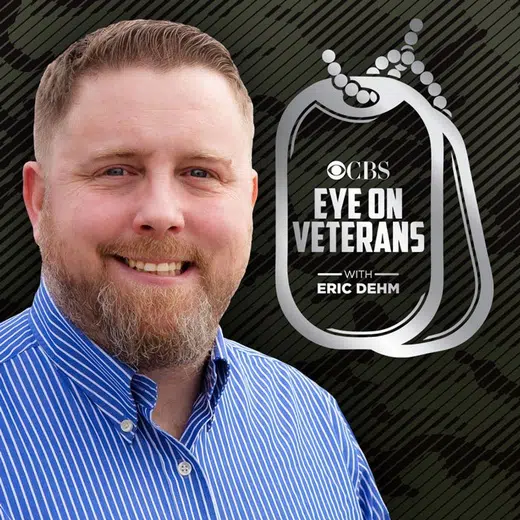By Vivian Sequera and Deisy Buitrago
CARACAS (Reuters) – International Criminal Court (ICC) prosecutor Karim Khan said on Wednesday he will open an investigation into possible crimes against humanity in Venezuela, with the country’s government saying it respects the decision but does not share his opinion.
Khan has “determined that he will proceed to open an investigation to establish the truth” of events in Venezuela, according to a copy of a memorandum of understanding signed by Khan and President Nicolas Maduro and shared by the government.
The government does not think the situation in the country “justifies the movement from the preliminary examination phase to a investigation phase,” the memorandum added.
“The preliminary examination that opened in 2018 is nothing more than a filtering stage as we move into this new stage,” Khan said during an event broadcast on state television.
The prosecutor is on the final day of his visit to the South American oil nation.
Both Venezeula’s opposition and its government have asked the ICC to look into alleged crimes perpetrated by their opponents. Opposition leader Juan Guaido cheered the decision https://twitter.com/jguaido/status/1456008669917745157 to open the investigation on Twitter.
The ICC has been conducting a preliminary examination into the country since 2018 and has said there may be reason to believe officials in Maduro’s government have committed crimes against humanity.
Khan stressed the court’s independence and said its investigations should not be politicized.
“We respect his decision as a state, though we have made clear we do not share it,” said Maduro. “We have signed an agreement that does guarantee, in an effective way, cooperation, positive complementarity, mutual support, constructive dialogue to seek truth and justice.”
During his visit, Khan met with Maduro three times, while relatives of people detained or allegedly slain by the government held street protests to demand a meeting with the prosecutor.
The ICC, which prosecutes war crimes, can only officially step in if a state is unwilling or unable to prosecute relevant crimes in its jurisdiction.
(Reporting by Deisy Buitrago and Vivian Sequera in Caracas, Additional reporting by Stephanie van den Berg in The Hague; Julia Symmes Cobb; Editing by Karishma Singh)






